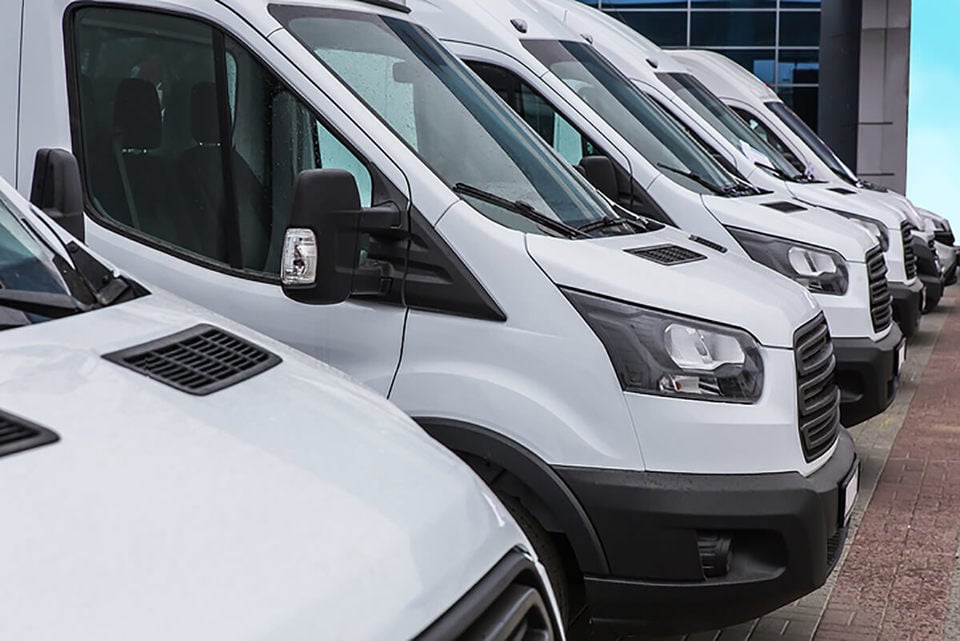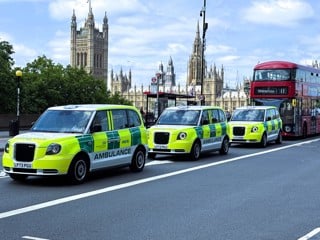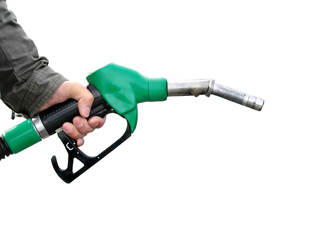Van fleet operators will benefit most from Government plans to allow the sale of new hybrid electric vehicles (HEVs) in some form until 2035, according to FleetCheck.
Fleet News revealed that the new Government would restore the 2030 ban on the sale of new internal combustion engine (ICE) cars, shortly after it came to power in July.
However, there has been a lack of clarity over its plans for vans and whether the sale of hybrid vehicles would still be allowed (as with the original 2030 phase out date).
In the past week, the Government has now confirmed that the sale of new hybrids is expected to be allowed until 2035, with the Department for Transport (DfT) to consult on what the qualifying criteria will be.
Peter Golding, managing director of FleetCheck, says that, while the clarification did not specifically mention vans, it was a fair assumption that similar rules to cars would apply.
“It’s no secret that van fleets have been finding the process of electrification much more tough than their car counterparts,” he continued. “Battery electric vans bring payload, range and charging compromises that present massive operational obstacles for some.
“Against that backdrop, hybrid vans are a sensible stepping stone that will provide an extra five years to resolve those issues.
“It is genuinely good news. Few people in fleet could envisage how van fleets were going to switch to a battery electric only model by the end of the decade, and the new Government announcement provides some breathing space.”
The situation still presented problems, he added, some of which would require careful consideration of which fuel types to use for which applications.
“The first issue is that there are just not many models of hybrid van in production, especially plug-in hybrids,” he explained. “However, in the car market, there is some evidence that hybrids are gaining momentum and manufacturers are investing in them as a transitional technology, and something similar is likely to happen for vans.
“The second is that while the 2035 announcement creates some breathing space for van fleets, it is only a limited amount.”
Richard Bruce, director of transport decarbonisation at the DfT, said that there will be no changes to the Zero Emission Vehicle (ZEV) mandate, which requires 80% of new cars and 70% of new vans sold in Great Britain to be zero emission by 2030, increasing to 100% by 2035.
Golding said: “What operators will have now though, is more time to use hybrids where they are needed.
“In the simplest terms, electric vans are likely to be adopted for applications where their compromises are less of an issue, and hybrids where greater range and payload are needed, or there is a shortage of charging facilities.”
Golding believes that the extra time now available should be used to look at ways in which the limitations of electric van technology could be removed.
“There are number of ways this could happen,” he said. “Improved battery technology is probably the most likely but it is also possible that, especially for larger vans, there is the time to develop a fuelling network in order to make widespread adoption of hydrogen vans viable.”



























martinwinlow - 19/09/2024 14:18
Golding is talking patent nonsense. 50% of UK van journeys are 'local' (85% regional or local) - so that's the range myth debunked. Rapid charging anywhere in the UK other than the west and north of Scotland is not a problem for the relatively few times most van drivers will ever need it and, given that most vans operate out of a depot, they should have adequate overnight charging facilities on-site to prevent the need for charging anywhere else, anyway. The *only* barrier to mass van adoption is the lack of choice compared with cars. Any other excuse not to go electric is just short-sighted Ludditism.